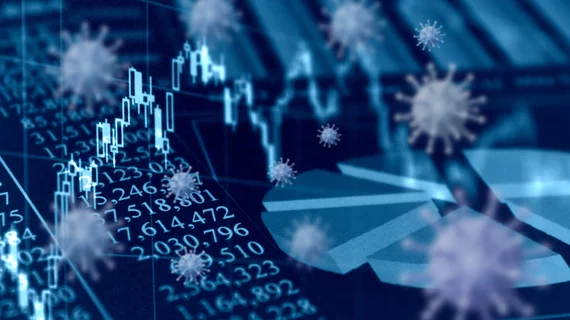Unsupervised artificial intelligence predicts COVID-19 progression, survival rates based on CT scans
Massachusetts General Hospital scientists have helped create an unsupervised artificial intelligence system they say can predict patients’ COVID-19 progression and risk of death based on chest CT images.
Those involved said the deep learning algorithm can provide higher prognostic performance than established lab tests and even pinpoint when a patient might require intensive care. Scientist Hiroyuki Yoshida, PhD, and colleagues believe their AI system could prove useful in addressing further facets of the pandemic and beyond.
“Issues such as long COVID, the Delta variant, or generalization of the model to other diseases manifested in medical images are promising applications of this unsupervised AI model,” Yoshida, Mass General’s director of 3D imaging research, said in an Aug. 30 announcement from the Boston-based institution.
Yoshida et al. developed their “weakly supervised” generative adversarial network using a database of more than 200 COVID-19 patients treated at Mass General and Brigham and Women’s last year. Altogether, the dataset included nearly 85,000 CT images for the study. Their analysis found that prognostic performance of “pix2surv” compared favorably with other lab tests and existing image-based visual and quantitative predictors in estimating morality and disease progression. “Time-to-event” information calculated by the system based on CT images also enabled stratification of patients into low- and high-risk groups “by a wider margin than those of other predictors.”
“Thus pix2surv is a promising approach for performing image-based prognostic prediction for the management of patients,” Yoshida and colleagues wrote in a multi-center study set to be published in the October issue of Medical Image Analysis.

